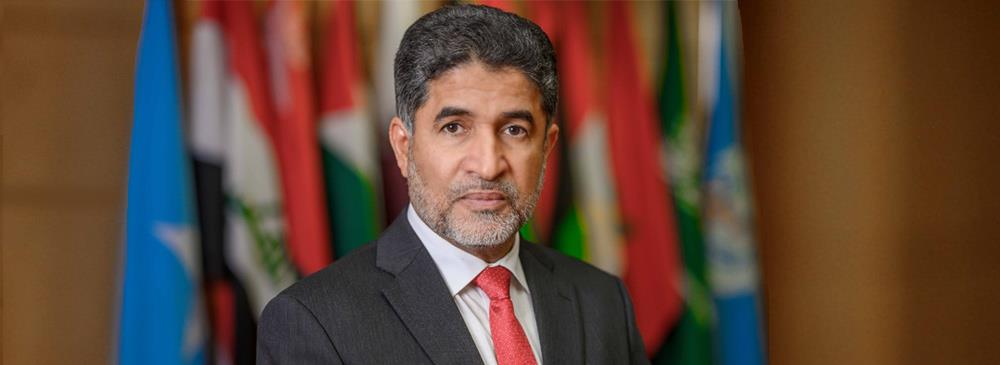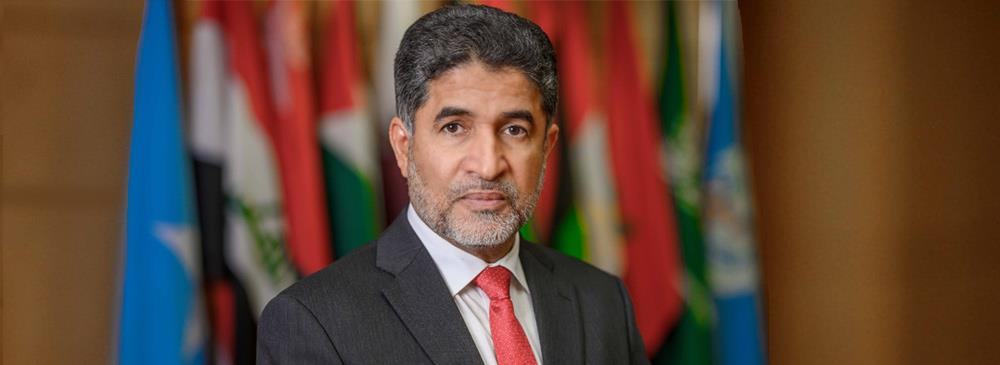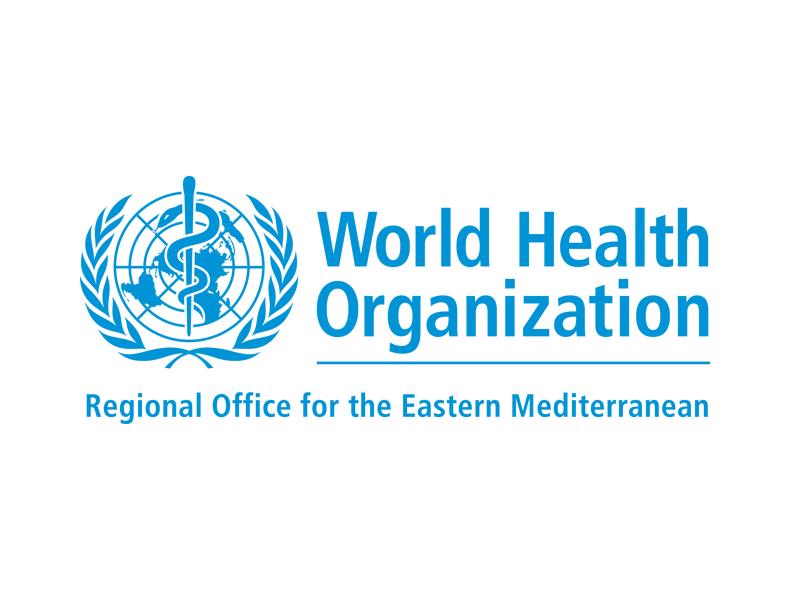
In the name of God, the Most Gracious, the Most Merciful
H.E. Dr Mai Al Kaila, Minister of Health of Palestine and Chair of the 69th session of the Regional Committee,
Brothers and sisters from the media,
We have just concluded the 69th session of the Regional Committee for the Eastern Mediterranean, held between 10 and 13 October 2022.
The session convened under the theme “Reaching the Sustainable Development Goals in the post-COVID-19 age: accelerating universal health coverage and health security – Health for All by All”. The theme summarizes the urgent need to mobilize all of our capacities, will and strength to achieve the health-related SDGs applying the lessons that we have learned during the COVID-19 pandemic.
For 4 days, Regional Committee meetings have involved intense discussions, deliberations, exchanges of views and experiences, with ministers of health, representatives of Member States, partner organizations and WHO experts, many of whom were able to attend in person for the first time in 2 years. Together, we have reviewed the health situation across the Region and looked at ways to move forward in the post-COVID-19 era.
We discussed the vital importance of investing in more resilient health systems, the need to prioritize preparedness for emergencies, to enhance digital health, and to take bolder steps towards ensuring equity as we adopt the One Health approach.
Our discussions resulted in several resolutions that aim to translate words into concrete policies and action on the ground.
The Regional Committee expressed concern not just about progress towards the SDG targets for universal health coverage, but also over the Region’s vulnerability to emergencies from multiple hazards, including disease outbreaks and natural disasters. It endorsed the regional agenda set out in the paper “Building resilient health systems to advance universal health coverage and ensure health security in the Eastern Mediterranean Region” and urged Member States to work on all the actions recommended in the paper, as well as to set up a high-level multisectoral mechanism to oversee health system resilience building.
Member States were also urged to fulfil their commitments under Vision 2023 - Health for All by All, to implement the cervical cancer elimination strategy, ensure inclusivity of health access for refugees and migrants, to update national strategies on HIV, hepatitis and sexually transmitted infections, and to accelerate their implementation towards achieving the 2030 targets.
The Committee endorsed a strategic framework to coordinate and integrate support from Gavi, the Vaccine Alliance and the Global Fund to Fight AIDS, Tuberculosis and Malaria and urged Member States to take all necessary steps to accelerate the prevention, control and elimination of communicable diseases and increase domestic public funding allocations for HIV, tuberculosis, malaria and immunization programmes.
Reaffirming that health inequities within and between countries are politically, socially and economically unacceptable, and mindful of the vast implications that current health, environmental and social crises have on people’s ability to take control over and improve their health, the Regional Committee issued a resolution calling on Member States to strengthen health promotion and disease prevention through good governance and health system strengthening, and requested the Regional Director to propose a roadmap to guide Member States in the implementation of the agenda to improve health and well-being in the Region.
Concerned that around 75% of emerging infectious diseases among humans are zoonotic in origin, and cognizant of the escalating public health risks posed by emerging and re-emerging zoonotic disease outbreaks and their pandemic potential, the Regional Committee issued a resolution to establish a regional Quadripartite One Health Coordination Mechanism comprising high-level representation from the WHO Regional Office for the Eastern Mediterranean and regional offices of the Food and Agriculture Organization of the United Nations, the World Organisation for Animal Health and the United Nations Environment Programme to oversee and manage One Health-related activities within the Region.
The resolution calls on Member States to boost efforts to institutionalize the One Health approach and ensure that a system is in place to govern, manage, coordinate and oversee One Health activities, and create a supportive and enabling environment for One Health, including legislation, policy and budgetary allocations.
Acknowledging that effective implementation of digital health technologies is crucial for efficient national and subnational health systems and that such technologies offer enormous opportunities for health innovation while also posing potential risks, the Regional Committee issued a resolution endorsing a regional strategy to foster digital health.
Combined, the resolutions passed by the 69th session of the Regional Committee represent a clear departure point for our work in the years to come. We will strive towards their optimal implementation to ensure they achieve the desired results and move us towards a healthier and more sustainable future.











